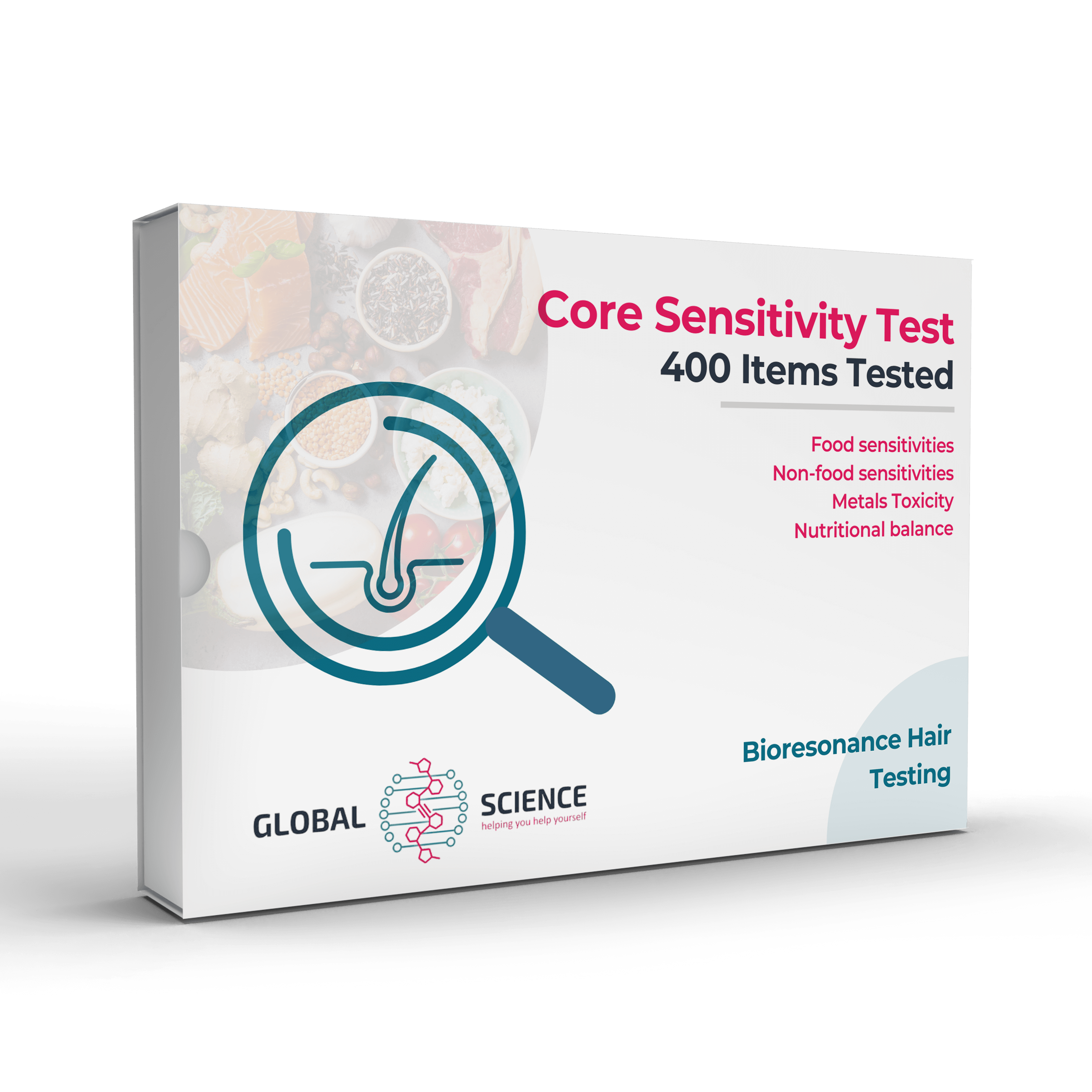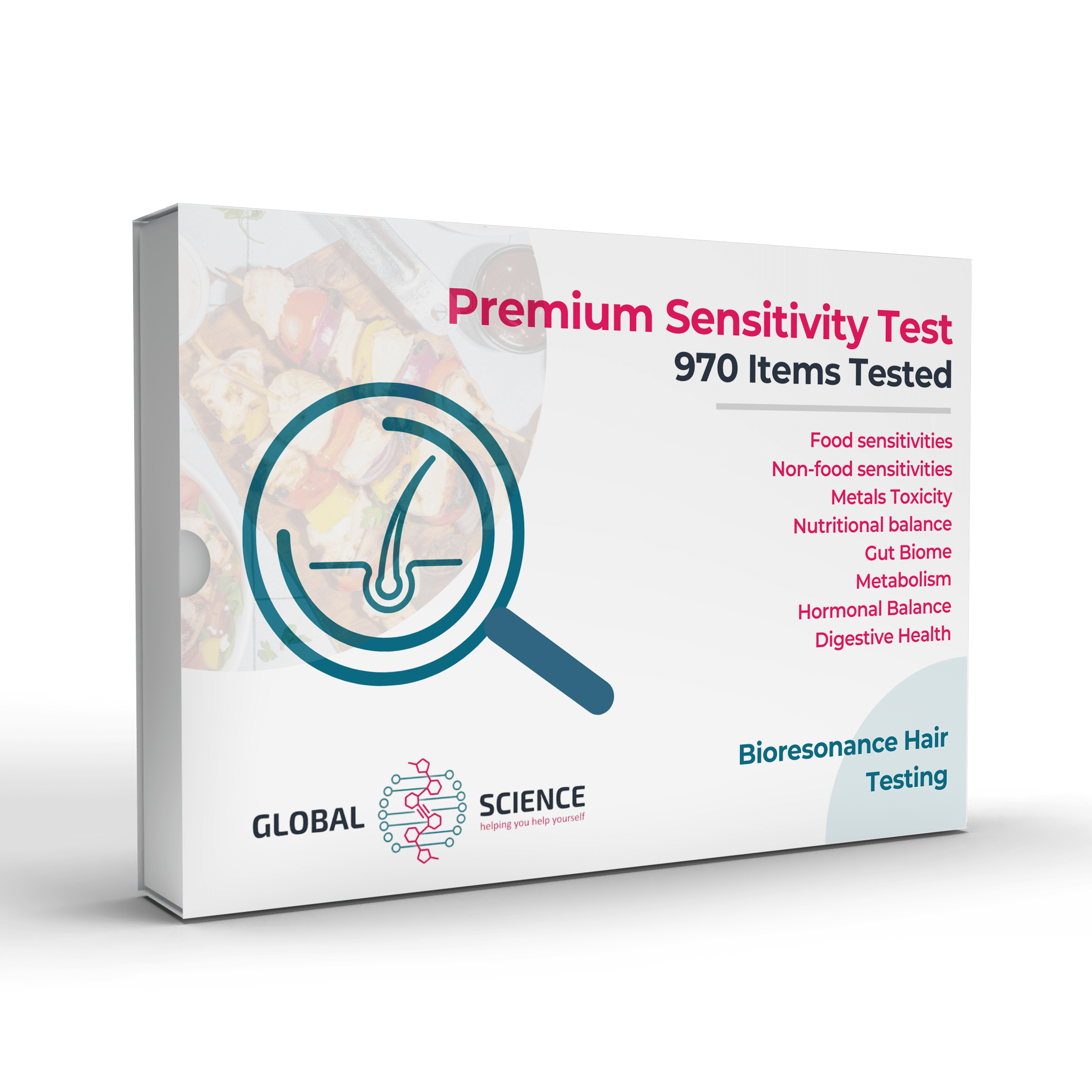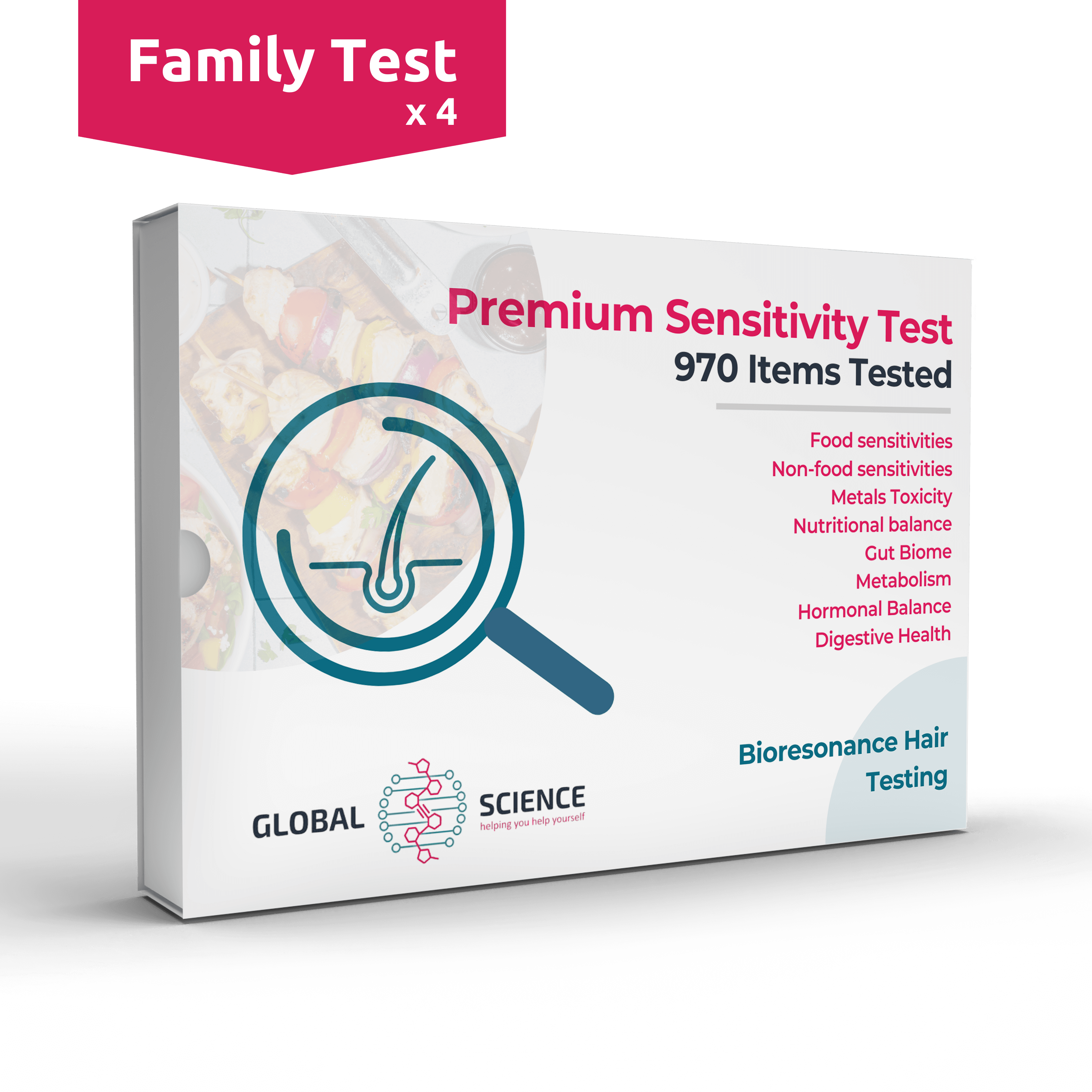Citrus Allergy
Citrus is the combined term used for a genus of flowering trees and shrubs in the rue family (Rutaceae). These plants produce edible citrus fruits, including oranges, lemons, grapefruits, and limes.
Most citrus fruits, like oranges, tangerines, grapefruits, and clementines, are eaten fresh after peeling the bitter rind. Citrus fruits are commonly juiced and used to complement soft drinks and alcoholic beverages. The more bitter fruits are used in jams and preserves with sugar to adjust the taste.
Allergies to citrus fruits are rare. Allergic reactions to raw citrus fruits are sometimes seen in people who have similar pollen allergies which is known as cross-reactivity.
People who are allergic to grasses, in particular, may experience allergy symptoms to citrus fruits. A 2013 study of 72 children and young adults with grass pollen allergies studied exposure to fresh lemon, orange, and clementine with a prick test. It found that 39 per cent of the participants who were allergic to pollen also had sensitivities to citrus.

Symptoms of citrus allergies include:
Swelling of the face or lips
Rash or hives
Abdominal cramps
Nausea or vomiting
Diarrhea
Anaphylaxis (rare)
Citrus intolerance/sensitivity
Citrus fruit sensitivity or intolerance is where a person presents various digestive symptoms after the consumption of citrus-derived products. A less severe condition than an allergy, this condition can still be uncomfortable and embarrassing for the individual.
Symptoms of citrus intolerance or citrus sensitivity include:
Bloating
Diarrhea
Tiredness
Gas
Nutrition

Citrus fruits are a great source of vitamin C, the nutrient that helps the immune system and keeps your skin in good condition. Citrus also has a decent level of other vitamins and minerals, including B vitamins, potassium, phosphorus, magnesium and copper.
Replacing key nutrients when eliminating citrus
It is imperative that you use alternative items in your diet when undertaking either a short or long term elimination diet to maintain nutrient balance.
Below are good examples or nutritional alternatives when eliminating citrus:
B Vitamins
Oats, rye, buckwheat, brown rice, quinoa, brewer’s yeast, peanuts, mushrooms, soybeans, split peas, pecans, sunflower seeds, lentils, cashews, chickpeas, broccoli, hazelnuts, peppers
Vitamin C
Strawberries, raspberries, blueberries, cranberries, broccoli, brussels sprouts, cauliflower, peppers, spinach, cabbage, turnip greens, leafy greens.
Potassium
Dried apricots, salmon, mackerel, tuna, monkfish, white beans, lentils, kidney beans, avocado, butternut squash, spinach, mushrooms, bananas, potatoes
Phosphorus
Brown rice, oats, rye, quinoa, chicken, turkey, pork, liver, sardines, scallops, salmon, mackerel, crab, milk, yoghurt, cottage cheese, sunflower seeds, pumpkin seeds, Brazil nuts, pine nuts, almonds, pistachios, cashews
Magnesium
Buckwheat, rye, millet, brown rice, quinoa, kelp, almonds, cashews, brazil nuts, peanuts, walnuts, tofu, coconut, soya beans, figs, apricots, dates, prawns, corn, avocado, spinach, kale, broccoli, Swiss chard, turnip greens, collards
SENSITIVITY TESTS
America's best non-invasive sensitivity test uses a small hair sample to test up to 1300 Foods, inhalants, vitamins and minerals.
Order today and join over 250,000 satisfied customers who now understand their sensitivities and body health.
-
Core - Single
WAS $97.00NOW $37.00SAVE $60.00
400 item food, environmental and metals sensitivity test.
-
Premium - Single
WAS $114.00NOW $47.00SAVE $67.00
970+ item comprehensive sensitivity and health test report.
-
Advanced Sensitivity Test - Single
WAS $149.00NOW $62.00SAVE $87.00
1300 items, our most advanced sensitivity and health test.
-
Premium - Family
WAS $315.00NOW $125.00SAVE $190.00
Our best value and most comprehensive sensitivity test for four people.




